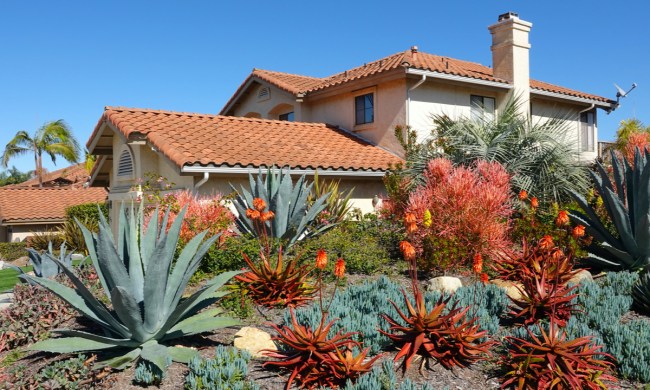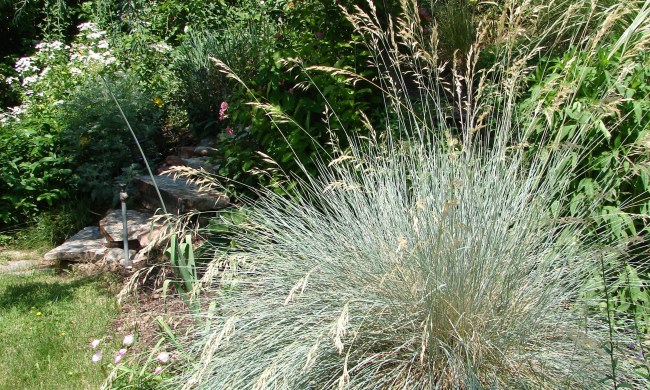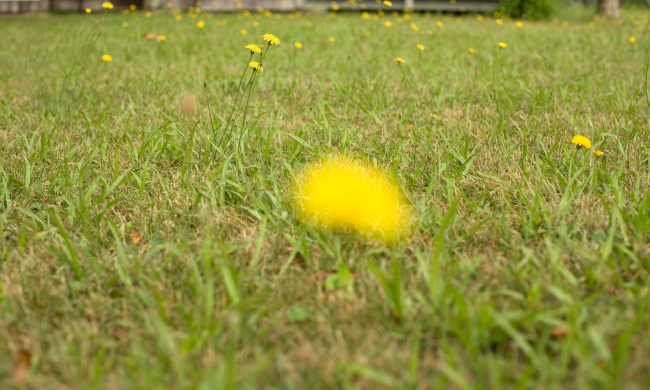Winter is here, and with it comes snow and ice that can prove a pain to remove from your driveway. It’s important to remove it quickly; not only to keep everyone who walks into or out of your home safe, but also because ice can do damage to the driveway over time if it builds up throughout the winter.
Deicing products have been around for a long time, and they do work in varying temperatures to remove harmful ice, but they can wreak havoc on your landscaping. There are several ways to melt ice on driveways that do minimal damage to your yard and the plants surrounding it. Here are a few things to keep in mind.
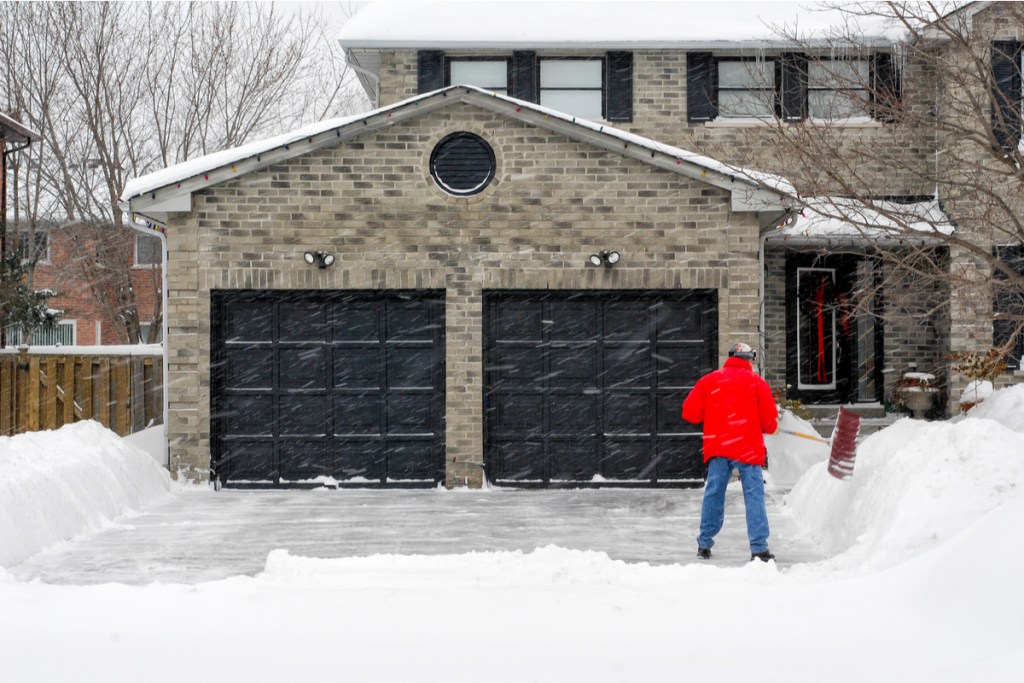
What deicing products are available?
Salt
The most common and popular deicing products contain salt, which works best to melt ice quickly in low temperatures. Rock salt is one of the cheapest (around $7 per container) but it will damage plants, shrubs, and grass as warmer temperatures come and it melts into your landscaping.
Magnesium chloride
Magnesium chloride is another popular choice because it can melt ice in even colder temps than rock salt, but again, you have to be careful how much you use because it can also cause unnecessary damage to plants.
Potassium chloride
Potassium chloride (potash) is another substance used for deicing; it’s also sold as fertilizer. For the purposes of deicing, it’s mixed with agents like chloride to melt ice, but too much fertilizer can damage landscaping when used in large amounts. Experts recommend using no more than 5 pounds per 100 square feet to avoid this issue when the runoff from melting occurs.
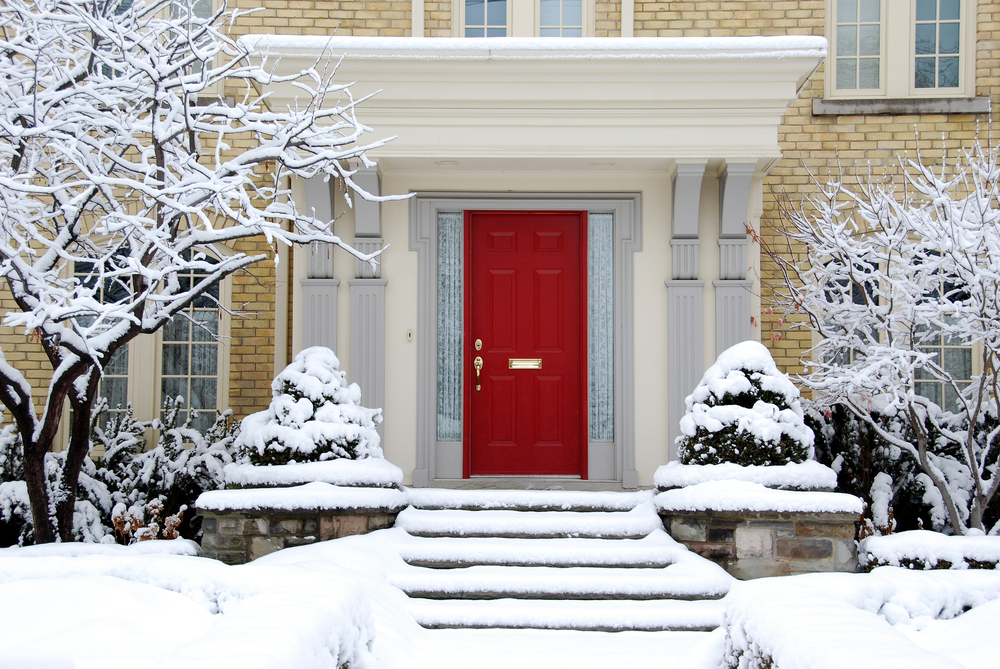
What products are safe to use?
Products that contain calcium magnesium acetate, like Snow Joe Melt-2-Go, or other calcium products like calcium chloride can be effective at melting ice in extremely cold temperatures and are less damaging to plants and other landscaping. They also don’t leave a salt residue as rock salt does, and they have lower toxicity for plants and shrubs. However, they can be triple the cost of other products on the market.
When using any product, if you can spray it on instead of spreading it, do so. You’ll avoid it ending up on your lawn or in areas you don’t want, which can cause damage.

What other steps can I take to protect my landscaping?
If you don’t have the funds to invest in these products or have a large surface area to cover where it just doesn’t make financial sense, consider doing a bit of prep work before winter to protect your plants. Use burlap to cover any shrubs or plants near driveways and sidewalks to prevent any chemicals from landing on them.
It’s also important to read the directions on any product’s label before you use it. If you don’t, you risk using too much product, which can complicate matters. It’s hard not to over-prepare when you know a snowstorm is coming, but you could damage landscaping as well as concrete and asphalt, resulting in costly fixes come spring.
Make sure to do your homework to see what options exist for the area you live in, as well as the expected temperatures for winter, because different products work better than others, depending on these factors.

